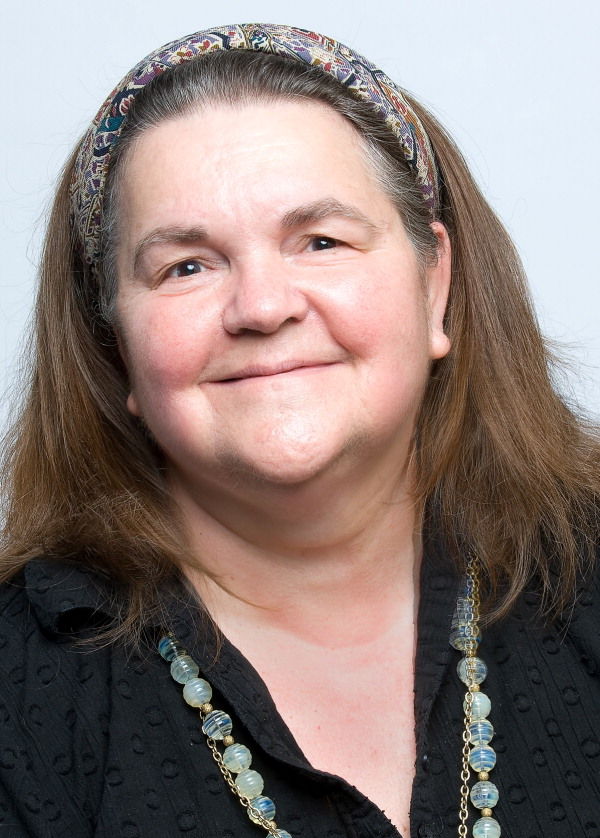By Philip Sean Curran, Staff Writer
Anne Neumann is running for the office that has eluded her two times before in bids for Princeton Borough Council.
She is a candidate in the Democratic primary with three others in hopes of snagging the two Princeton Council seats up for grabs this year. The winners of the primary are assured of being elected to the governing body, as they will face no Republican opponents in November.
Ms. Neumann, 72, is originally from Princeton, moved away for a time and returned to her hometown in 2000. She describes herself as being “passionate” about preserving the diverse neighborhoods of the community.
“And I have a vision of what Princeton used to be and what it still could be that I think a lot of people share,” she said. “I think people have a sense that Princeton is too expensive.”
Lowering property taxes is part of her agenda. She faulted the current council for not doing the job it should “in cutting expenses.” She said the governing body needs a “fresh eye” on the budget to bring a “new perspective.”
“I don’t know where the cuts would come, exactly, but we’re out of line with towns our size,” she said.
Ms. Neumann said she would favor a temporary municipal hiring freeze, to allow officials to “radically” rethink the budget and what services the town should offer and at what level.
She said there are ways for the town to raise revenue. To discourage commuters from driving into town, she favors raising the price of eight- to 10-hour parking meters. She also favors creating a volunteer economic development commission.
“We need to fill up space in some of our office buildings and our retail buildings so that they can start paying the tax revenues again that they should,” she said.
Along those lines, Ms. Neumann said she supports creating a special improvement district to manage and renovate the downtown, an entity that would impose an assessment, or extra tax, on property owners within the district. She said she thinks businesses would warm to the idea when they realize the university would pay “the great proportion” of the assessment.
“I feel that I understand merchants’ concerns quite well. You don’t have to be one to know what the issues are,” she said.
Ms. Neumann points to her experience serving as a member for seven years of the Site Plan Review Advisory Board, which reviews land-use projects, and also on the local Environmental Commission.
She also has not been afraid to challenge the government when she thinks it is wrong.
She was one of the plaintiffs in a lawsuit challenging the zoning for the arts and transit project of Princeton University, a lawsuit that cost taxpayers more than $100,000 in legal expenses to defend. Ms. Neumann said she has no regrets about her part in bringing the lawsuit.
She said she thinks the fight against relocating the NJ Transit Dinky train might have “partly influenced” Princeton University President Christopher L. Eisgruber’s decision to keep the planned expansion of the university within the confines of its borders on this side of Lake Carnegie.
At a council meeting earlier this year, she publicly confronted Mayor Liz Lempert, a fellow Democrat, about her need to recuse herself from all maters pertaining to the university given the mayor’s husband is a professor there.
“I think that it was important to do it,” she said. “And I think with a mayor, who I think is getting bad legal advice about when she needs to rescue herself, it is difficult to deal firmly with the university.”
For instance, Ms. Neumann wants to see Nassau Hall provide more money to the town coffers, although she does not have a dollar amount in mind.
“I strongly believe that the university owes us more than they currently pay.”
Of consolidation, Ms. Neumann did not support the merger, but she said she thinks government services in the merged town are “well delivered.”
“But I think a lot of people in the former borough would say that they’re not as well delivered as they were before consolidation,” she said.
Ms. Neumann holds degrees from Columbia and Rutgers universities and earned a doctorate from Johns Hopkins University in English. She is retired.
“I think that one of the things that I will bring to council is a real interest and an ability to do research,” she said. “I look at what other towns do and I think about what works there that might work here.”

